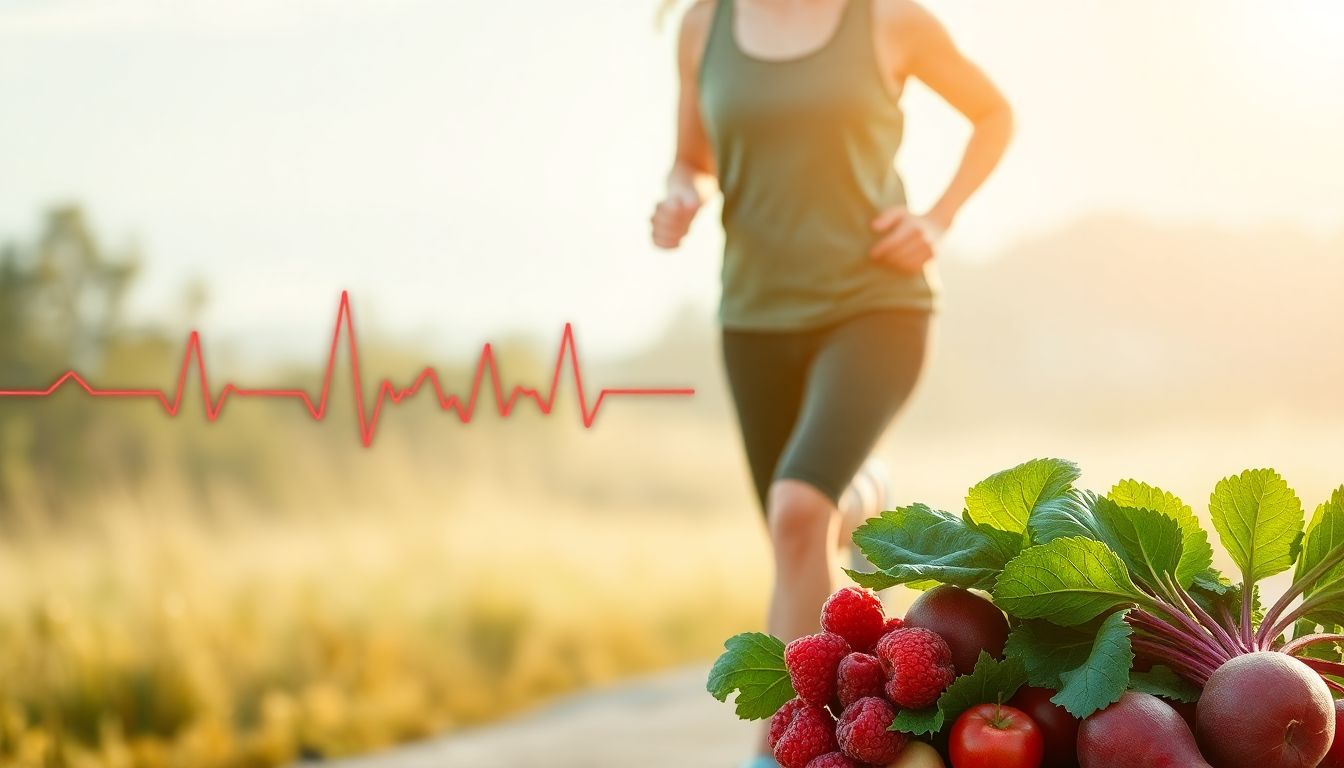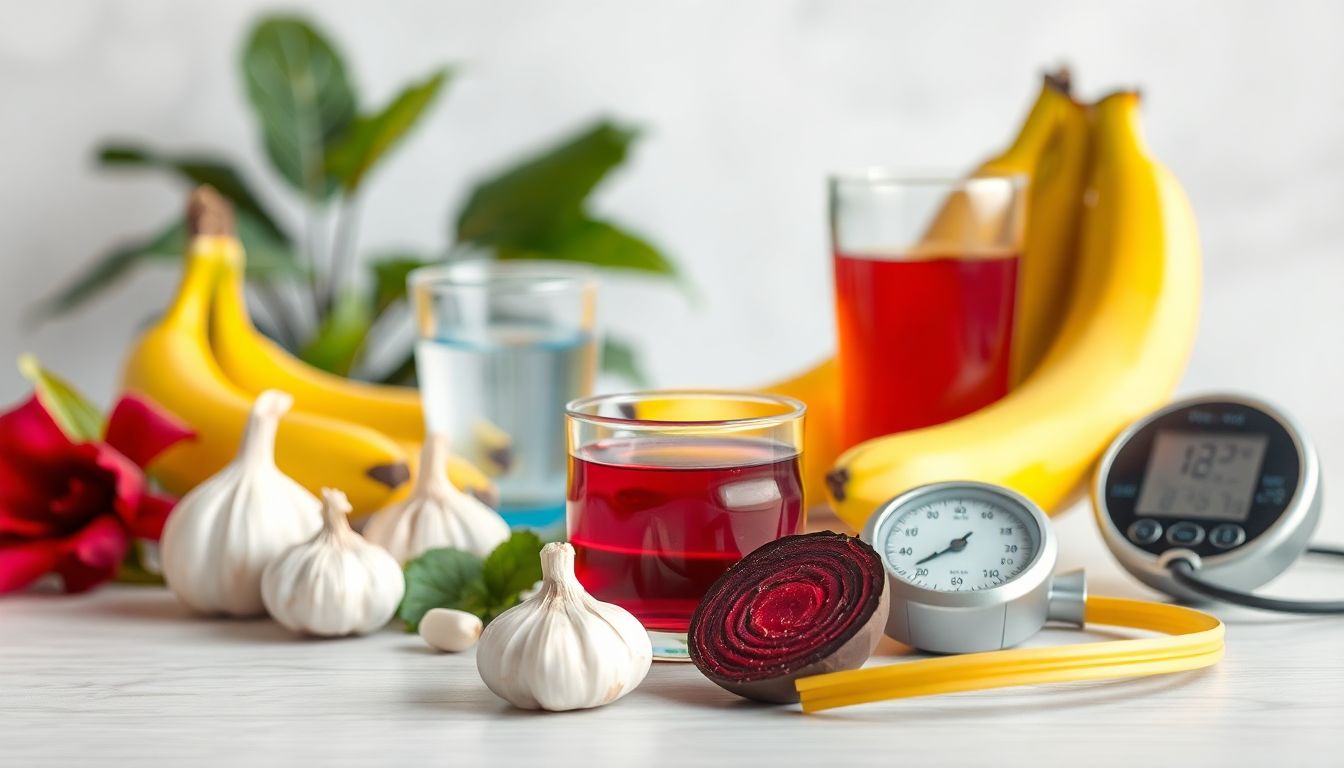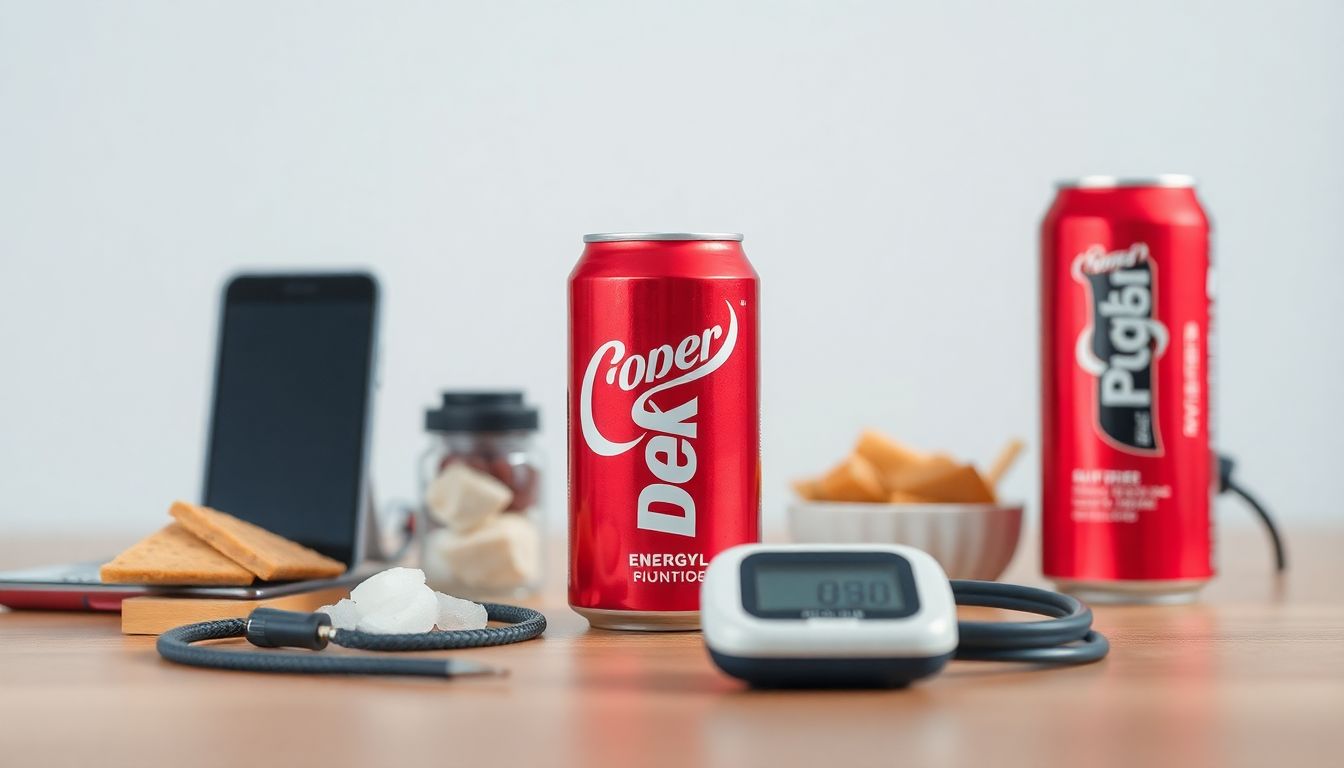Introduction
High blood pressure — also known as hypertension — is one of the most widespread and dangerous health conditions in the world today. According to the World Health Organization, an estimated 1.3 billion people live with high blood pressure globally, and many don’t even realize it.
The danger lies in its silence. You may feel perfectly fine, yet the pressure inside your arteries may be slowly damaging your heart, kidneys, eyes, and brain. Left unmanaged, hypertension can lead to heart disease, stroke, kidney failure, and premature death.
But there’s good news: in most cases, blood pressure can be lowered naturally through simple, science-backed lifestyle and nutrition changes. This guide will show you exactly how — from the best foods to eat and daily habits to adopt, to natural supplements that support healthy circulation and vascular health.
What Is High Blood Pressure?
Blood pressure is the force exerted by your blood as it pushes against the walls of your arteries. It’s measured in millimeters of mercury (mmHg) and recorded as two numbers:
- Systolic pressure (top number) – the pressure when your heart beats.
- Diastolic pressure (bottom number) – the pressure when your heart rests between beats.
A healthy reading is usually below 120/80 mmHg. Anything above that may indicate elevated pressure or hypertension.
| Category | Systolic (mmHg) | Diastolic (mmHg) |
|---|---|---|
| Normal | <120 | <80 |
| Elevated | 120–129 | <80 |
| Hypertension Stage 1 | 130–139 | 80–89 |
| Hypertension Stage 2 | ≥140 | ≥90 |
| Hypertensive Crisis | >180 | >120 |
High blood pressure is often called the “silent killer” because it develops slowly and rarely causes noticeable symptoms — until serious complications arise.
Causes of High Blood Pressure
High blood pressure usually doesn’t come from one single cause. It’s often a mix of lifestyle, genetics, and environmental factors.
Here are the most common contributors:
1. Genetic and Age Factors
Your risk increases as you get older, and hypertension tends to run in families. Over time, arteries lose elasticity, making it harder for blood to flow freely.
2. Diet and Nutrition
Diets high in salt (sodium), processed foods, and added sugars can lead to fluid retention and increased pressure in your arteries.
3. Sedentary Lifestyle
Physical inactivity weakens your heart muscle and increases your risk of obesity — both of which contribute to higher blood pressure.
4. Stress
Chronic stress causes hormonal surges (like cortisol and adrenaline) that temporarily raise blood pressure. Over time, these effects can become persistent.
5. Underlying Health Conditions
Conditions such as diabetes, obesity, sleep apnea, and thyroid problems can all contribute to hypertension.
(See: What Causes High Blood Pressure? for a detailed breakdown.)
Conventional Treatments
Doctors often prescribe medication to control blood pressure. Common classes include:
- ACE inhibitors (e.g., lisinopril) – relax blood vessels.
- Beta-blockers (e.g., metoprolol) – slow heart rate.
- Diuretics (e.g., hydrochlorothiazide) – help remove excess salt and water.
These medications are often necessary for severe hypertension, but they can come with side effects like fatigue, dizziness, electrolyte imbalances, and sexual dysfunction.
Because of this, many people look for natural ways to complement their medical treatment — or even lower their blood pressure naturally before medication becomes necessary.
Natural Ways to Lower Blood Pressure
This is the heart of our guide. Let’s explore the three core pillars of blood pressure management — diet, lifestyle, and supplements.
🥦 A) Nutrition & Diet
Diet plays a major role in regulating blood pressure. In fact, dietary improvements alone can lead to a significant drop in both systolic and diastolic readings.
Here’s what works:
1. Eat More Whole, Plant-Based Foods
Foods rich in potassium, magnesium, and antioxidants help relax blood vessels and improve circulation.
Top examples include:
- Leafy greens (spinach, kale, Swiss chard)
- Berries (blueberries, strawberries)
- Beets (rich in nitrates for vascular dilation)
- Oats and whole grains (fiber supports heart health)
- Bananas, avocados, and sweet potatoes (excellent potassium sources)
2. Limit Sodium
The American Heart Association recommends keeping sodium intake below 1,500–2,300 mg per day.
Avoid heavily processed foods, canned soups, and fast food — they’re the biggest hidden sources of salt.
3. Reduce Alcohol and Added Sugars
Too much alcohol raises blood pressure and damages blood vessel walls. Stick to no more than 1 drink per day for women and 2 for men.
4. Drink Plenty of Water and Herbal Teas
Hydration helps maintain proper blood volume and kidney function. Teas like hibiscus and green tea have shown mild blood pressure–lowering effects.
(See: 10 Foods That Help Lower Blood Pressure Naturally)
🏃♂️ B) Lifestyle Changes
Even small daily habits can make a dramatic difference in blood pressure control.
1. Exercise Regularly
Physical activity strengthens the heart and improves circulation efficiency.
- Goal: at least 30 minutes of moderate exercise, 5 days a week.
- Activities: walking, swimming, cycling, yoga, or resistance training.
2. Manage Stress
Your mind and body are deeply connected — emotional tension can literally tighten your arteries.
Try:
- Meditation or deep breathing (10 minutes per day)
- Nature walks or stretching
- Mindfulness or journaling
3. Improve Sleep
Poor sleep increases stress hormones and blood pressure. Aim for 7–9 hours of quality rest each night.
4. Quit Smoking
Nicotine narrows arteries, temporarily spiking blood pressure. Quitting provides rapid benefits — within 20 minutes, your pressure begins to normalize.
(See: Morning Habits That Help Reduce High Blood Pressure and How Stress Affects Blood Pressure)
🌿 C) Natural Supplements
Some supplements contain nutrients and plant extracts scientifically shown to help regulate blood pressure.
1. Magnesium
Helps relax blood vessel walls and supports electrolyte balance.
2. Potassium
Balances sodium levels and promotes smooth muscle relaxation in arteries.
3. Coenzyme Q10 (CoQ10)
A powerful antioxidant that supports heart energy and may reduce systolic pressure.
4. Omega-3 Fatty Acids
Found in fish oil and algae oil; they reduce inflammation and improve arterial flexibility.
5. Hibiscus Extract
Shown in studies to modestly lower both systolic and diastolic blood pressure.
6. Garlic
Contains allicin, which supports nitric oxide production — a key molecule for vessel dilation.
If you’re exploring natural supplements, choose clinically formulated blends that combine several of these ingredients in the right ratios. Look for products that are:
- Third-party tested
- Free from fillers or stimulants
- Supported by clinical references
Example: BP Zone is one such blend, featuring magnesium, CoQ10, and hibiscus extract — designed to support heart and vascular health safely and naturally.
(See: Best Natural Supplements to Lower Blood Pressure and BP Zone Supplement Review)
Safety and Considerations
While natural methods are generally safe, they should be approached with awareness and medical guidance.
- Consult your doctor before adding supplements, especially if you’re on medication like ACE inhibitors or diuretics.
- Avoid self-treating severe hypertension without medical supervision.
- Always start with lifestyle and dietary changes first — supplements are additions, not replacements.
(See: Is It Safe to Take Blood Pressure Supplements with Medication?)
How Long Does It Take to See Results?
Patience pays off. Natural interventions often work gradually but produce lasting results.
| Method | Average Time to Notice Change | Notes |
|---|---|---|
| Dietary changes | 2–4 weeks | Consistent low-sodium, high-potassium diets can reduce pressure measurably. |
| Exercise routine | 4–8 weeks | Regular movement improves heart efficiency. |
| Stress management | 2–3 weeks | Mindfulness and relaxation reduce cortisol levels. |
| Supplements | 3–8 weeks | Effects build over time as nutrient levels stabilize. |
(See: How Long Do Natural Remedies Take to Lower Blood Pressure?)
Remember: the goal isn’t just lower numbers, but long-term cardiovascular resilience.
FAQs for Lowering Blood Pressure Naturally
1. Can natural remedies replace medication?
In mild cases, yes — under medical supervision. For moderate to severe hypertension, natural methods complement prescribed treatment rather than replace it.
2. What’s the fastest way to lower blood pressure naturally?
Deep breathing, reducing sodium intake, drinking beet juice, and going for a brisk walk can help bring readings down temporarily. Long-term consistency is key.
3. Are supplements safe for seniors?
Yes, most are — but always check with your doctor, especially if you’re on medications that affect the heart or kidneys.
4. Can drinking more water lower blood pressure?
Yes, staying hydrated helps the kidneys flush out excess sodium — one of the key factors behind high blood pressure. While water alone won’t cure hypertension, proper hydration supports overall heart and vascular health.
5. What time of day should I take my blood pressure?
It’s best to measure your blood pressure at the same time every day, ideally in the morning before eating or taking medication. This gives the most consistent reading. Avoid caffeine, stress, and exercise 30 minutes before checking.
6. Does caffeine raise blood pressure?
Caffeine can cause a temporary spike in blood pressure, even in people without hypertension. If you’re sensitive, limit coffee and energy drinks, or monitor your readings before and after consumption to see how your body reacts.
7. Is walking enough to lower blood pressure?
Yes — regular walking is one of the simplest and most effective exercises for lowering blood pressure. Just 30 minutes of brisk walking per day can help reduce systolic pressure by 5–8 mmHg over time.
8. How much sleep do I need for healthy blood pressure?
Adults should aim for 7–9 hours of quality sleep per night. Poor sleep triggers stress hormones like cortisol, which can elevate blood pressure and heart rate.
9. Does weight loss really help reduce blood pressure?
Absolutely. Even a small weight loss of 5–10 pounds (2–5 kg) can make a measurable difference in your blood pressure levels. Less body fat means your heart doesn’t have to work as hard to circulate blood.
10. Can meditation or deep breathing lower blood pressure?
Yes. Studies show that slow, mindful breathing and meditation help calm the nervous system, reduce stress hormones, and improve blood vessel flexibility — all contributing to lower blood pressure naturally.
Conclusion
High blood pressure doesn’t have to control your life. By focusing on whole foods, active living, emotional balance, and targeted nutrition, you can naturally restore healthy blood pressure and protect your heart for the long term.
Start small — choose one change today. Add more vegetables to your meals, take a short walk, or commit to better sleep tonight.
If you’re ready to support your results further, explore our in-depth review of BP Zone, a natural formula designed to nourish the heart, improve circulation, and promote balanced blood pressure safely.










